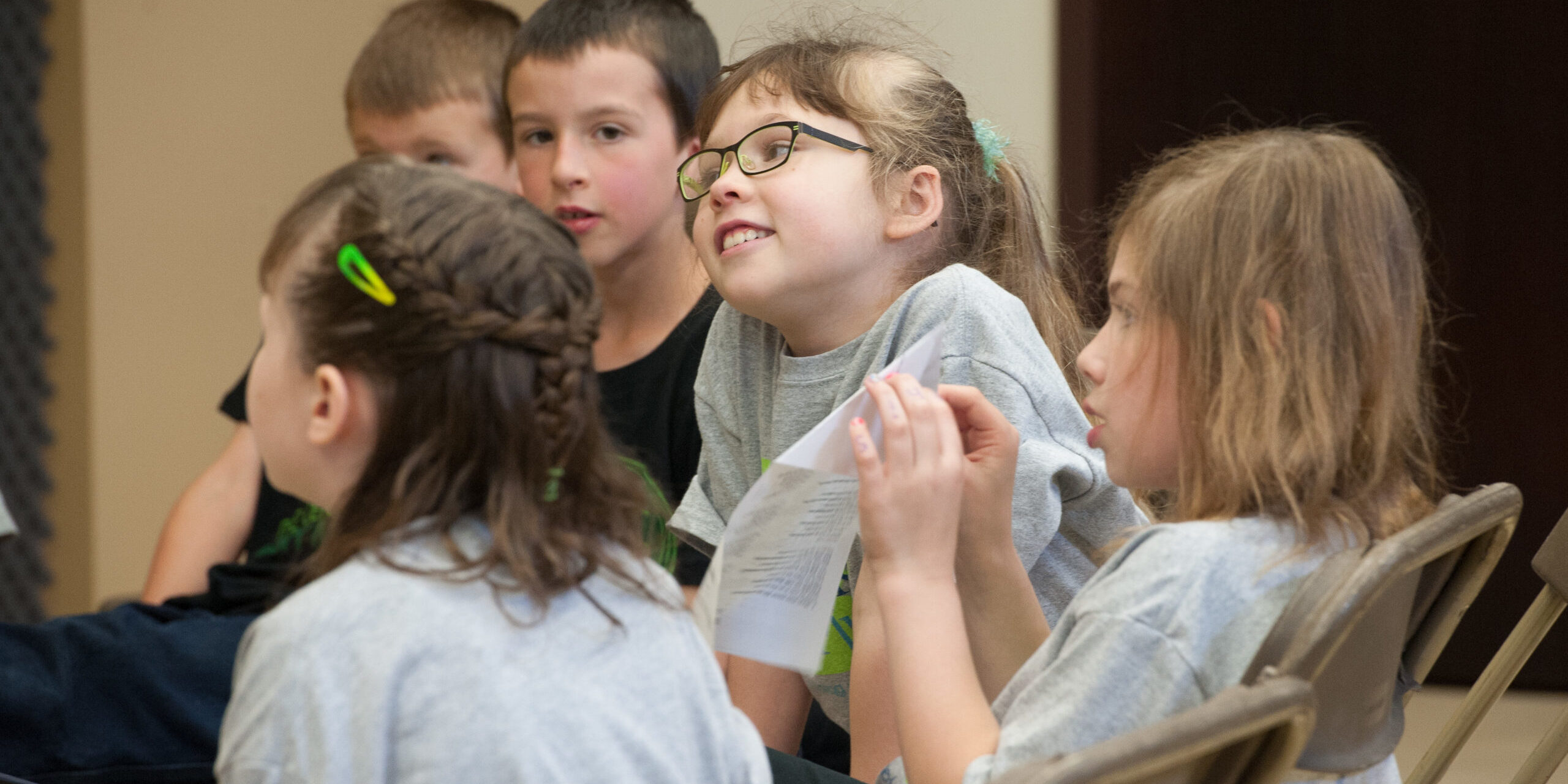April 26, 2022

1. Ensure that (s)he brings the following to EVERY lesson
Instrument, 3-ring binder with sheet protectors & blank paper, pouch with recording device and pencil. Put all of the above in a bag that is dedicated to music.
2. Communicate with your instructor.
If your instructor writes down what to practice for the week, read the notes right after your lesson so that you know what your goals are for that week. Instructors usually have a weekly focus, and it is very helpful for parents to know what that is so they can keep an eye or ear on their child during practice time.
3. Any involvement in your child’s music is supportive
Giving your child & teen space gives them ownership over their own music, however your involvement and interest is crucial to their success. Listen (from afar), ask for a concert, encourage practice and model passion for music!
4. Music is a practice like yoga or meditation
Make time and space in your lives at least three times a week for playing music and practicing in a focussed, productive way. More is better, and shorter stints more regularly is better than one long stint the day before a lesson. Daily practice/playing will create fluency on your instrument more quickly. In fact, it is impossible to have fluency (read: enjoyment) on your instrument without regular practice over many years.
5. Create a dedicated space
When you get home, put your instruments in your practice spot. Take your instrument out of its case and place it on a stand where you will see it!
6. Listen and develop your ears and musical taste
Purchase albums of great traditional music playing in your car and home stereo. Talk to your instructor or see suggested recording below for ideas if you don’t know what music to buy.
7. Create playlists
Build playlists of your latest favorite tunes (and tunes from lessons) on your electronic devices.
8. Buy or rent the best quality instrument possible
When it comes time to buy an instrument, make sure you buy the best one you can afford. Always consult your instructor about what instrument to buy and plan ahead in case you need to save up some money.
9. Attend sessions
Mary Vanorny leads a common tunes session class, and occasionally we offer other session experiences (Give to the Max Day, Open House). There are also local sessions around the Twin Cities.
10. Keep a tune list
Your repertoire is bigger than you think! We recommend keeping a list of tunes, organized by tune type, alphabetical order or whatever works for you. Take a part of your practice to enjoy your old tunes.
11. Sing, sing, sing!
If you can’t sing or lilt the tune, you don’t know it! You can practice anywhere by singing through your tunes, or practice starting tunes.
